10 Running Jokes From American Shows That Never Got Old
Some television jokes never seem to lose their charm, no matter how many times they appear. Certain shows have managed to create running gags that stay funny through clever timing, relatable characters, and perfect delivery. These moments turn into inside jokes between the series and its audience, making viewers feel part of the fun. Whether it is a witty one-liner, a recurring catchphrase, or a situation that always ends the same way, these jokes remain highlights that keep fans coming back for more.
This post may contain affiliate links, which helps keep this content free. Please read our disclosure for more info.
“That’s What She Said” – The Office
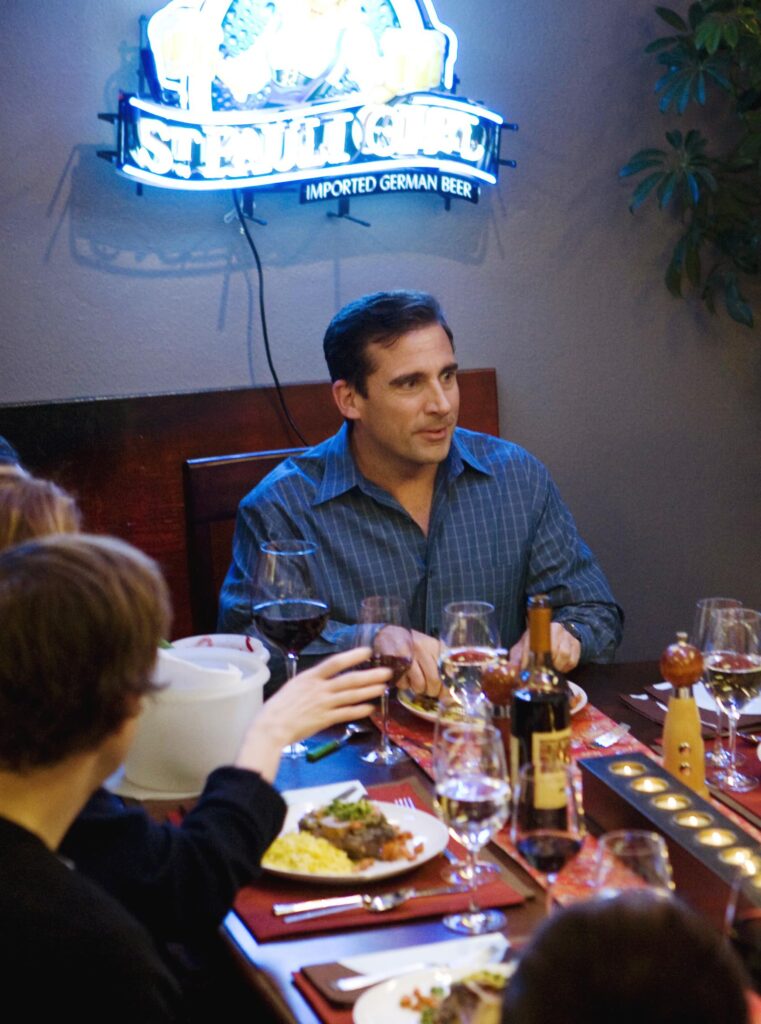
Michael Scott’s overused yet endlessly funny phrase “That’s what she said” became a defining feature of The Office. The joke worked because of Michael’s perfect lack of self-awareness. Every time he delivered the line, it arrived at the most awkward moments, whether during a meeting or an emotional conversation. His childlike sense of humor and complete disregard for professionalism made the phrase both shocking and hilarious.
What kept it from getting old was how the writers used it as both a punchline and a character tool. It highlighted Michael’s need for attention and his desire to be liked, even when the timing was wildly inappropriate. The humor often came from the reaction of others, especially Jim or Pam, who tried to keep a straight face. It became such a part of pop culture that even years later, fans still quote it as shorthand for The Office’s brand of cringe comedy.
“We Were on a Break!” – Friends
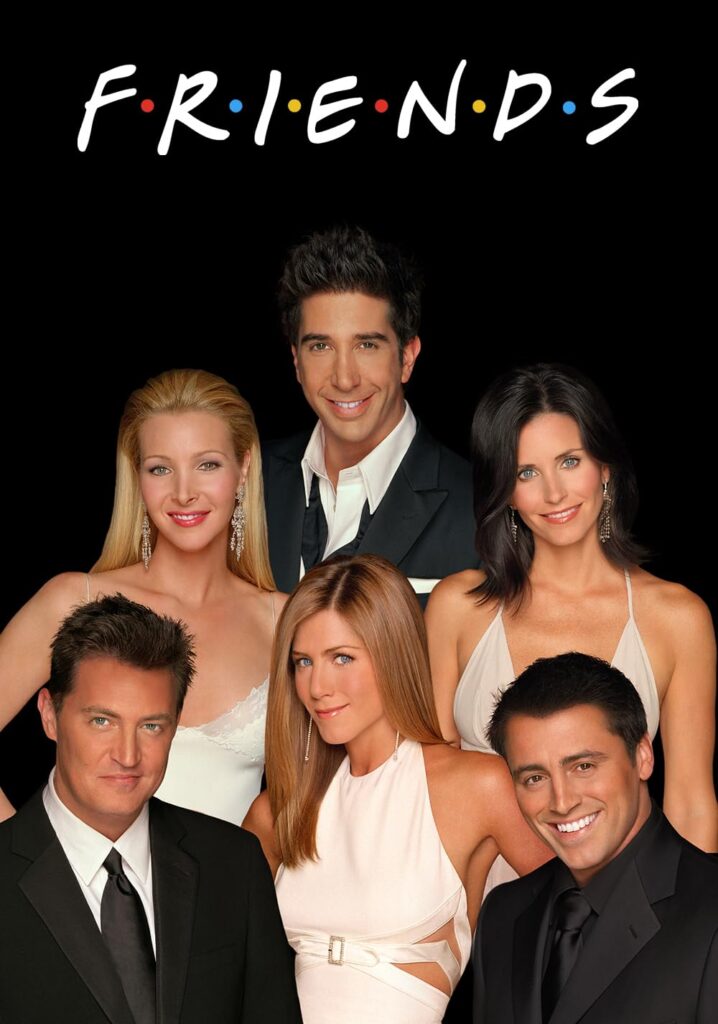
Ross Geller’s defensive cry, “We were on a break!” echoed through nearly every season of Friends, turning one argument into a running legend. What made it so enduring was how it tied directly to one of the show’s biggest storylines, Ross and Rachel’s turbulent romance. Each time he used the excuse, it reignited the debate among fans about who was right, making it part of television history.
The joke worked because it reflected Ross’s stubborn nature and inability to let go of the past. Even as years passed, he clung to the same justification, often at the worst possible times. The more he repeated it, the funnier it became, especially because the rest of the group groaned every time he brought it up. Its staying power came from a mix of frustration, timing, and character-driven comedy that made audiences laugh no matter how many times they heard it.
“Legendary!” – How I Met Your Mother
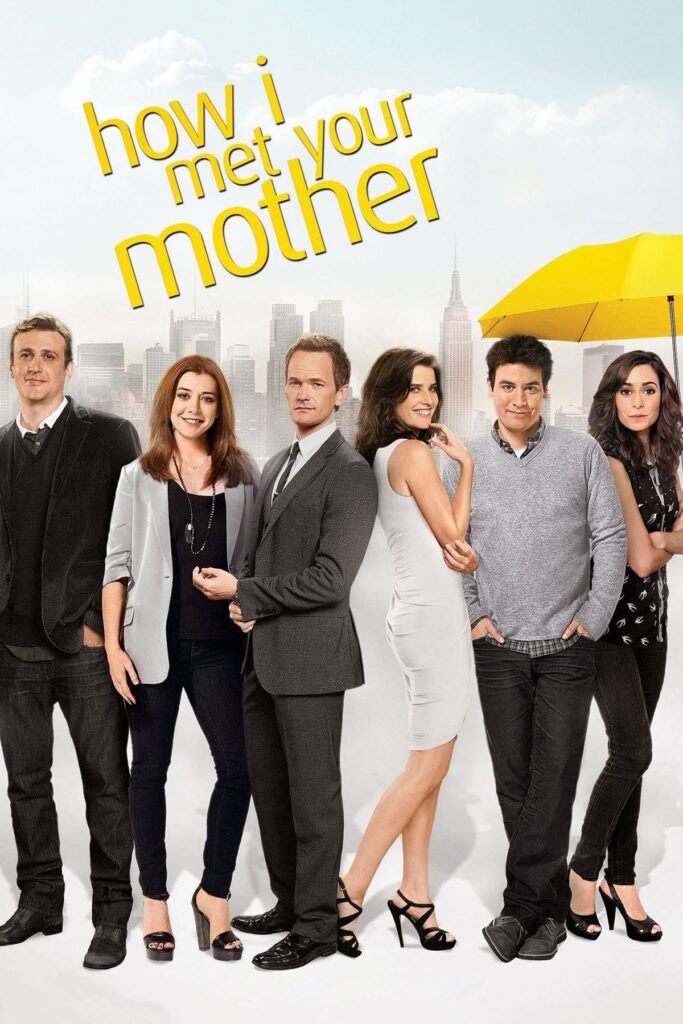
Barney Stinson’s catchphrase “Legendary!” captured his over-the-top personality and unshakable confidence. He used it to describe everything from wild nights out to trivial events, turning ordinary moments into grand declarations. The repetition of the phrase didn’t wear thin because each use came with his infectious enthusiasm and absurd scenarios.
The joke grew stronger as the show revealed more about Barney’s character. His dramatic timing, paired with his tendency to stretch out words for comedic effect, made “Legendary!” something fans anticipated. It wasn’t just a word; it became part of how Barney viewed the world, full of excitement and exaggeration. The phrase eventually symbolized the entire energy of the show, blending charm and ridiculousness in perfect balance.
“No Soup for You!” – Seinfeld
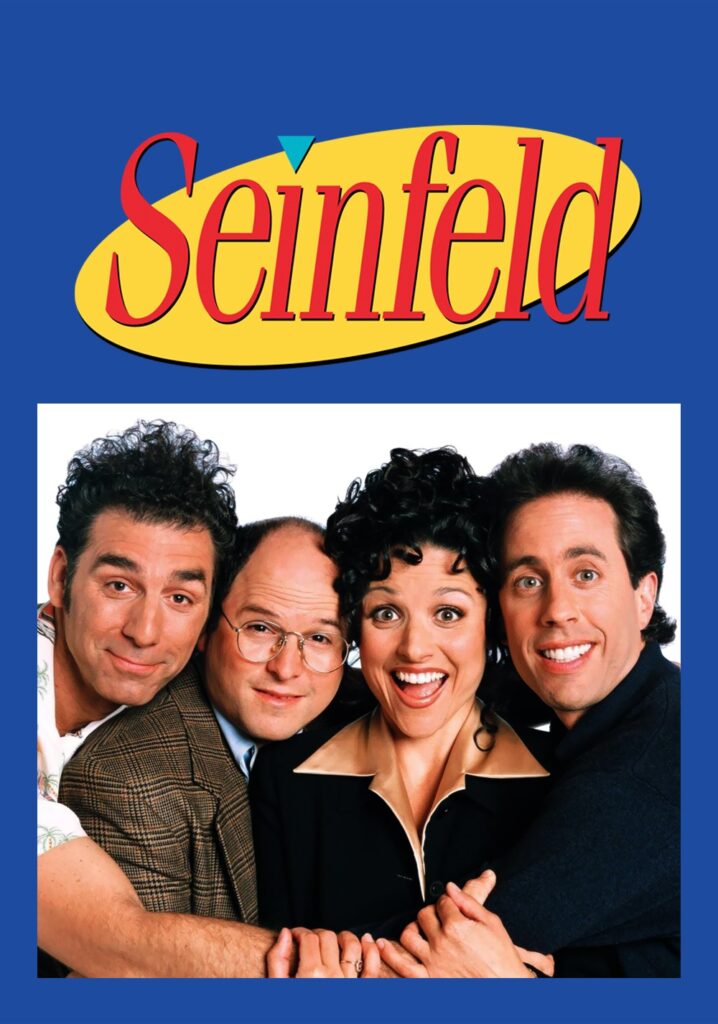
The “Soup Nazi” episode of Seinfeld gave birth to one of the most quoted lines in sitcom history: “No soup for you!” Delivered by the strict soup stand owner, it perfectly captured the absurdity and pettiness that defined the series. Even though it appeared in only one episode, it became a recurring reference for fans and later within the show itself.
The reason it never got old was its universal appeal. Everyone has encountered someone overly controlling about small things, and the phrase became a humorous way to describe such situations. Each time it resurfaced, it reminded audiences of how Seinfeld found comedy in everyday annoyances. The phrase carried the show’s signature mix of frustration and laughter, keeping it alive in pop culture long after the series ended.
Kenny’s Deaths – South Park
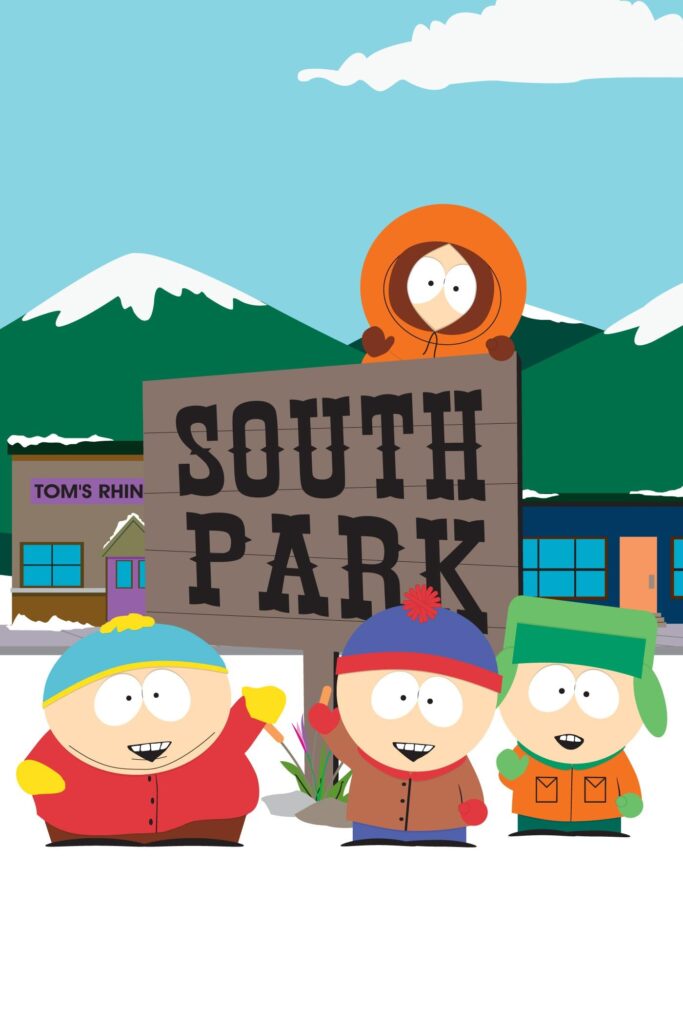
For years, South Park shocked audiences with its recurring gag, the sudden, brutal death of Kenny, followed by the exclamation, “Oh my God, they killed Kenny!” “You bastards!” The joke was crude, repetitive, and yet somehow fresh every time. Each death happened differently, reflecting the show’s creativity and its ability to satirize almost anything.
What kept it entertaining was the complete lack of explanation. Kenny would return without a reason in the next episode, alive as if nothing had happened. This absurdity became part of the humor, turning repetition into a comedic rhythm. Fans looked forward to seeing how the writers would find a new and ridiculous way to kill him, proving that familiarity could still surprise.
“Bazinga!” – The Big Bang Theory
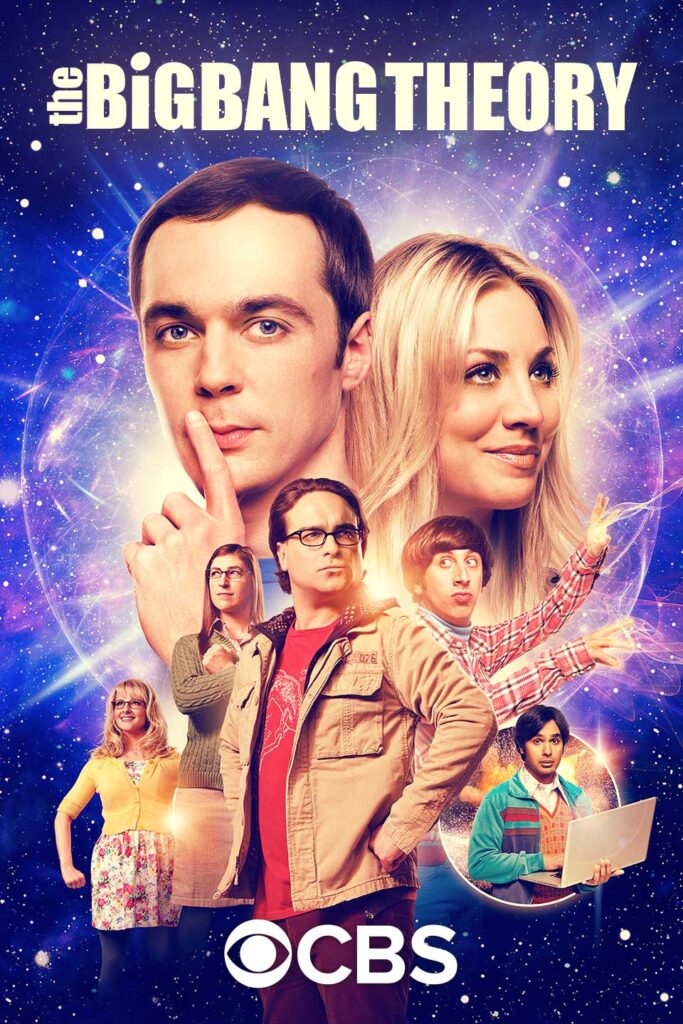
Sheldon Cooper’s gleeful shout of “Bazinga!” became a symbol of his unique humor. Used after pranks or sarcastic remarks, it marked moments when Sheldon believed he was being witty, even if others disagreed. What made it timeless was how out of place it felt, a brilliant physicist using a silly word to celebrate his own jokes.
The charm of “Bazinga!” came from how it captured Sheldon’s innocence and social awkwardness. Each time he said it, it revealed how little he understood about normal humor, which made it even funnier. The cast’s reactions, ranging from eye rolls to quiet resignation, gave the joke a dynamic rhythm. It became a fan favorite, appearing on merchandise and even referenced in real-world settings as shorthand for geeky fun.
“My Name Is Inigo Montoya” – The Princess Bride (and its TV Parodies)
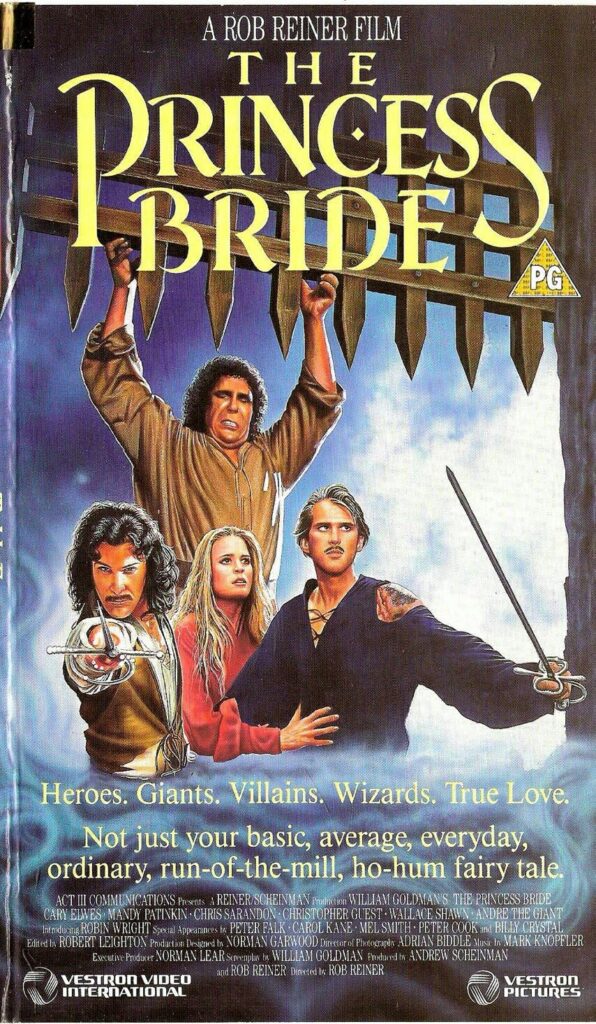
Although The Princess Bride is a film, its line “My name is Inigo Montoya. You killed my father. Prepare to die.” became a running reference across countless American shows. From The Simpsons to Brooklyn Nine-Nine, this line’s parody kept appearing for decades. Its repetition across different series gave it a timeless quality that audiences loved recognizing.
The humor lies in its exaggerated sense of drama. Even when characters in sitcoms quoted it, they did so with over-the-top seriousness, which made it even funnier. It became a shorthand for obsession and revenge, but in the most humorous way. The phrase’s persistence across pop culture shows how a single line can live on endlessly through shared television humor.
“You Got It, Dude!” – Full House
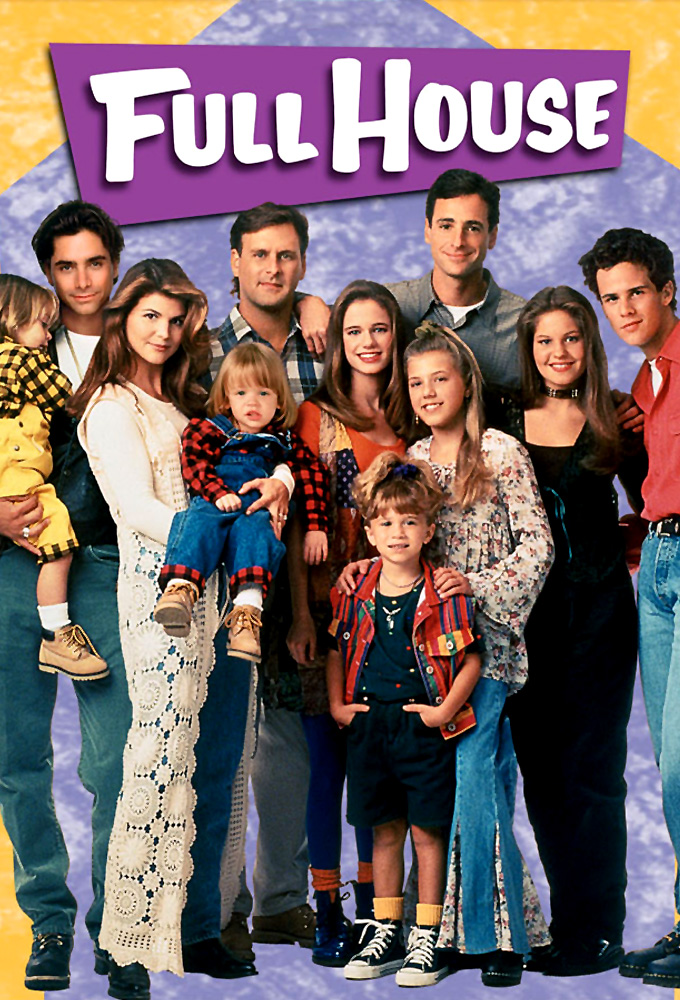
Michelle Tanner’s cheerful “You got it, dude!” became one of the most memorable lines in Full House. The catchphrase fit perfectly with her innocent personality and was delivered with adorable confidence. What made it last was how naturally it reflected the warmth and family values of the show.
As Michelle grew older, the line stayed consistent, serving as a small comfort that never lost charm. Fans associated it with encouragement and positivity, which made it heartwarming instead of repetitive. Even decades later, when the sequel Fuller House aired, hearing the line again brought waves of nostalgia. It was proof that a simple phrase, when tied to a beloved character, could hold emotional power far beyond its original moment.
“Did I Do That?” – Family Matters
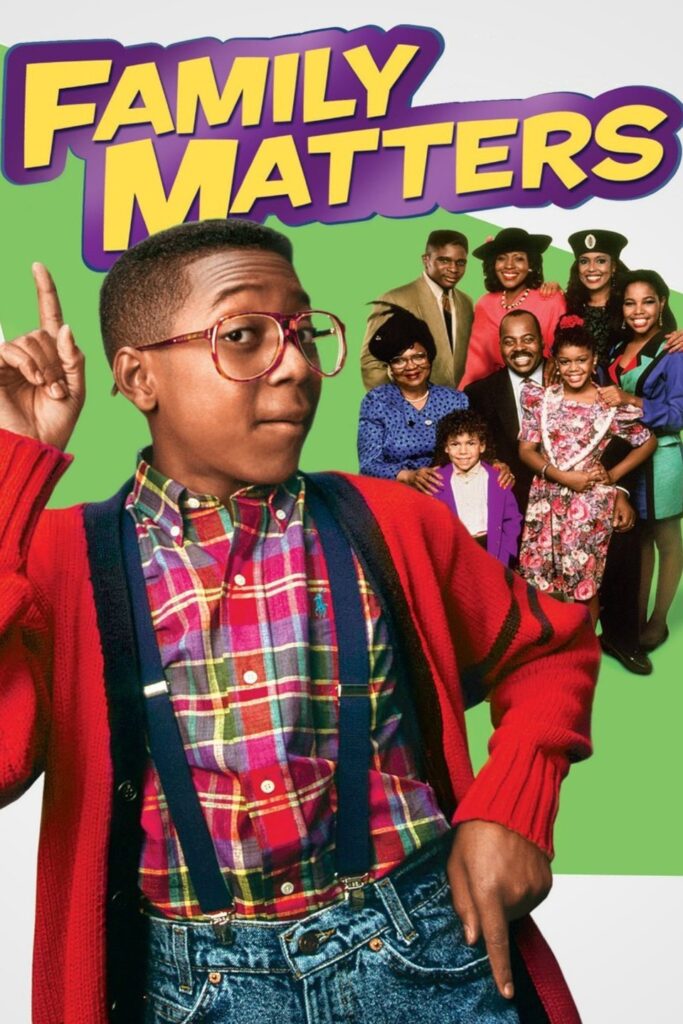
Steve Urkel’s nasal catchphrase “Did I do that?” was the highlight of nearly every episode. The line followed his accidents, inventions gone wrong, or clumsy mistakes, and it perfectly summed up his lovable chaos. It became a ritual; audiences waited for that moment, knowing laughter would follow.
The reason it never lost its charm was Urkel’s sincerity. Despite being a walking disaster, his innocence made the phrase sweet rather than annoying. It defined his character as someone who never meant harm but always caused it. The phrase crossed into pop culture, quoted by generations who grew up watching the show’s mix of slapstick and heart.
“You Got It, Pontiac Bandit” – Brooklyn Nine-Nine
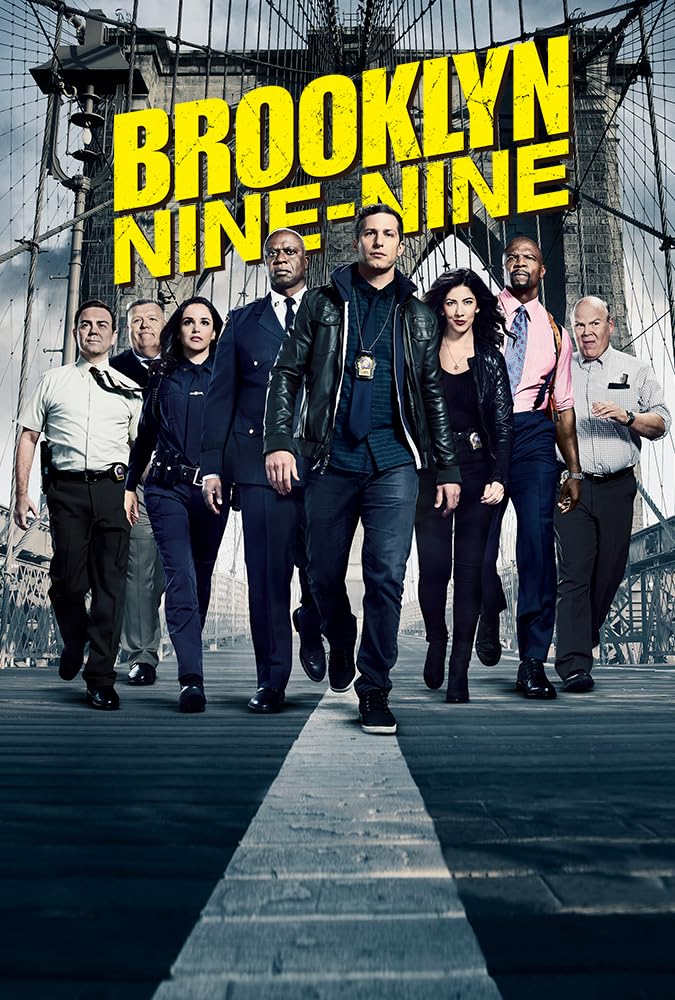
Doug Judy and Jake Peralta’s ongoing “Pontiac Bandit” joke turned into one of Brooklyn Nine-Nine’s most beloved traditions. Each season, Jake would somehow end up chasing or teaming up with Judy, and their friendship-thriller dynamic played out like clockwork. The recurring exchanges about Judy’s schemes and Jake’s loyalty gave the show consistency and warmth.
The humor came from how self-aware both characters were. They knew their cat-and-mouse relationship was ridiculous, yet they leaned into it every time. Their chemistry kept the gag alive, turning a small side plot into one of the show’s highlights. Fans looked forward to every new Pontiac Bandit episode, knowing it would deliver guaranteed laughter.
This article originally appeared on Avocadu.
